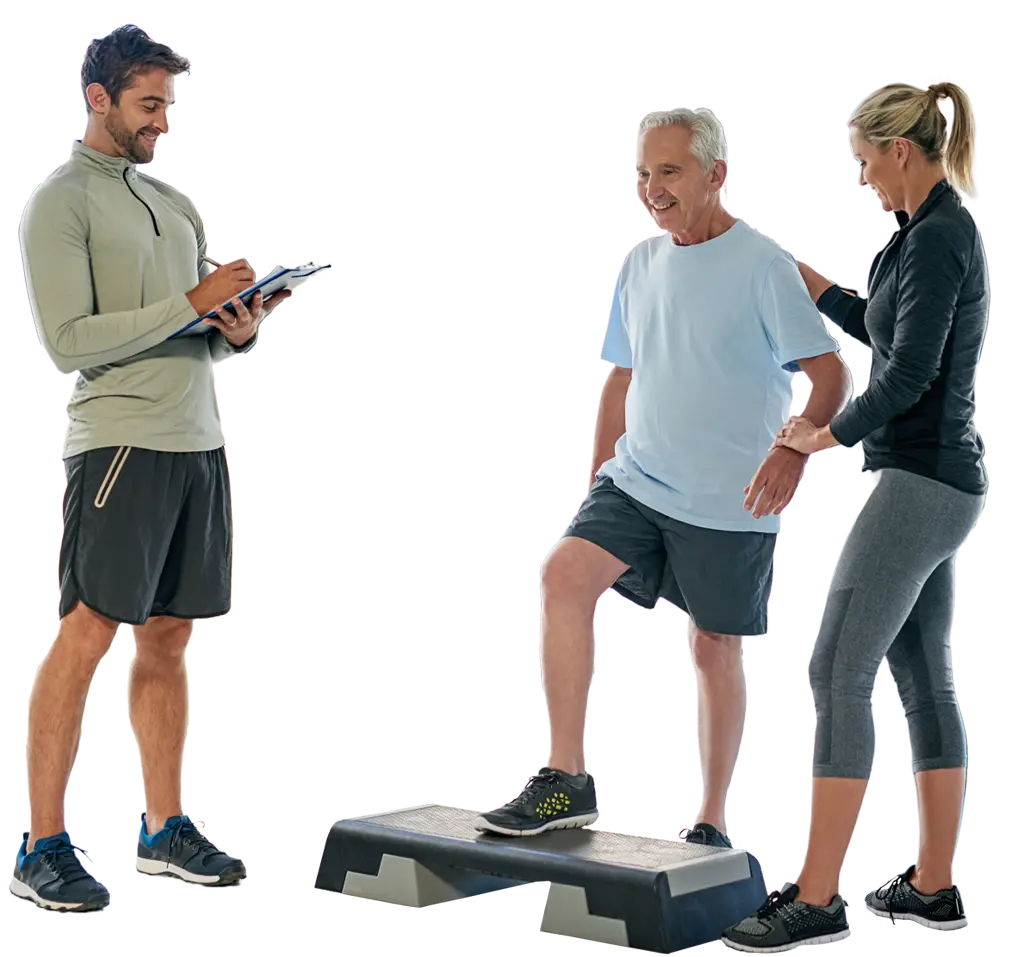
No Referral Necessary. Request an Appointment Today!
We see the relationship between physical therapist and patient as one that builds up, encourages, and allows you to attain full recovery and the lifestyle you’ve been dreaming of.
Injuries or medical procedures are often major disruptions in your daily life. Our team helps you to see this time as a rejuvenation period that helps you heal beyond “back to normal.”
Our treatment plans are always tailored to your unique needs and goals, rather than putting you through a standardized program that may not be right for your lifestyle.
We recently changed bill pay providers. Please click the button for the date of your appointment to be directed to the correct online payment portal.